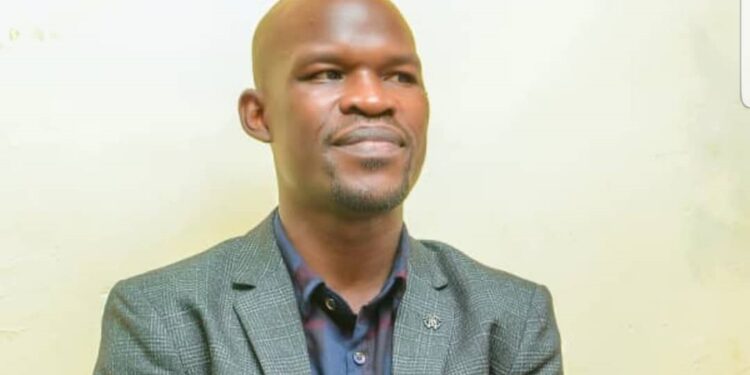Uganda, a nation striving for development amidst numerous challenges, finds itself grappling with a silent crisis that threatens its future prosperity, the persistent undervaluation of its teachers and medical personnel.
This devaluation is manifesting in inadequate salaries, exacerbating the struggles of these essential professionals and consequently neglecting the needs of citizens who rely on their services daily.
In Uganda, teachers play a key role in shaping the country’s future just like other countries Globally, yet their remuneration often falls woefully short of their societal contributions. The Uganda National Teachers’ Union (UNATU) reports that the average salary for a primary school teacher is around 400,000 Ugandan Shillings (approximately $110) per month. In contrast, a 2023 survey conducted by the World Bank highlighted that a living wage in Uganda should be upwards of 1,000,000 Ugandan Shillings ($275).
This stark disparity not only disheartens educators but also affects the quality of education received by students. Many teachers are left seeking supplementary income through side jobs such as riding “Boda Boda” diverting their focus away from teaching.
Similarly, healthcare workers are trapped in a system that undervalues their critical role in society. A nurse in Uganda earns as little as 700,000 Ugandan Shillings ($190) monthly, despite the demands of their profession and the skills required.
The Ministry of Health has acknowledged severe staffing shortages in public hospitals, amplifying the burden on existing personnel. A report from the Health Service Commission indicated that Uganda has only 0.16 doctors per 1,000 people, a figure that highlights a dire need for investment in human resources. However, the World Health Organization (WHO) recommend at least 1 Doctor per 1,000 people and contrary to the Health service commission report, the Brown University School of Public Health indicated that Uganda has one of the lowest doctor-to-patient ratios in the world with only one doctor available for every 25,000 people.
All the above constraints are clear, patient care is compromised, and the healthcare system struggles to meet the needs of a growing population.
The implications of the low salaries and poor working conditions for teachers and medical personnel are profound. Public education suffers, with increased dropout rates and declining performance levels among students.
In the healthcare sector, patients experience longer waiting times, reduced access to essential services, and, ultimately, poor health outcomes. The 2024 health survey by the Ministry of Health indicated that more than 40% of Ugandans have faced healthcare access challenges, primarily due to inadequate staff and resources in facilities.
However, the Ministry of health forgot to inform the population that the limited number of hospitals in the country are full, patients in some cases are sleeping on the floor together with their family members/care takers while some spending sleepless nights stand squeezed between the hospital beds.
Moreover, the neglect of these professionals’ needs fosters a cycle of disenchantment. Many trained educators and medical practitioners are leaving Uganda in search of better opportunities abroad, triggering a brain drain that further cripples these vital sectors. Between 2020 and 2023, the proportion of healthcare professionals emigrating from Uganda increased by 30%, underscoring the severity of this challenge.
Top Institutional leaders, Hon. Janet Kataaha Museveni and Dr. Jane Ruth Aceng must be held accountable for these shortcomings. The Uganda Ministry of Education and Ministry of Health need to acknowledge their roles in perpetuating this crisis. Ugandan should increasingly call for increased funding, transparent salary scales, and improved working conditions for educators and healthcare workers.
Recent calls for action have emerged, with organizations such as the Uganda Medical Association and UNATU advocating for salary increments that reflect the true value of these essential workers. Protests and campaigns aimed at raising awareness of these issues several times has been frustrated by the government, drawing higher attention to the need for long-overdue reforms.
The silent crisis in Uganda’s health and education sectors demands immediate attention. Addressing the salary disparities and working conditions of teachers and medical personnel is vital not just for their welfare, but for the entire nation’s progress and development. Institutional leaders must be challenged to prioritize these issues, ensuring that professionals receive fair compensation and thus reinvigorate their commitment to serving the citizens of Uganda. Only then can the nation hope to thrive, nurturing a healthier and more educated population equipped to drive Uganda toward a brighter future.
The author is a Social Development specialist and CEO Bridge Your Mind Centre.
Email; bwani.jose@gmail.com
Do you have a story in your community or an opinion to share with us: Email us at editorial@watchdoguganda.com













